Other students, when they encounter a difficult problem, can run to their parents for help. When they don’t understand the lesson in class, they have teachers to help them, extra classes, and brand new reference books to help them find the answer. But I didn’t. I only had an old book, a few pages copied from the day before, and a question that kept ringing in my head: If no one taught me, how would I learn?
Now, when Circular 29/2024 comes into effect, extra teaching and learning are regulated more specifically and strictly, in compliance with the provisions of the law. For a long time, many people have considered extra teaching an essential part of the education system, a measure to help students, especially primary school students, fill in the gaps that schools cannot fill. But now, with Circular 29, this has been tightened, the question is whether students have the ability to self-study or not? And how have we prepared students for self-study?
Looking back on my journey, I realize that, although everyone's starting point may be different, success does not depend on how many mentors you have, but on your ability to learn and adapt yourself. Over the years, I have had the opportunity to work with many educators around the world, participate in global leadership development programs... These experiences have helped me understand that a truly effective education is not only about imparting knowledge, but more importantly, it will help students learn the spirit of self-learning, critical thinking and the ability to adapt in all circumstances.
For many years, our education system has seemed to operate on a one-way transmission model, where teachers play a central role, imparting knowledge, while students absorb and follow instructions. Extra classes have become an extension of that process, where students are reminded, re-explained what they don’t understand, and practice their test-taking skills. This familiarity has created a passive learning mindset, where the responsibility for learning does not entirely belong to the student, but rather to the teacher.
But as the tutoring system tightens, the line between active and passive students will become increasingly clear. Students who are used to having someone remind them and tutor them will feel confused without a guide. On the contrary, students who know how to study on their own, know how to find documents, ask questions and draw their own lessons will continue to progress without the need for a supplementary system.
We live in an age where the internet has opened the door to knowledge for everyone, but not everyone knows how to step through that door. Students can access countless free lectures, reference materials from all over the world, but if they do not know how to filter, ask questions and evaluate information, that knowledge remains out of reach.
Tightening tutoring and extra classes may be a turning point, but whether it becomes an opportunity or a barrier depends entirely on how each student approaches his or her studies. One old door has closed, but another will open. The question is: Are you ready to step through that door, or are you still waiting for someone to show you the way?
Source: https://thanhnien.vn/tu-hoc-ban-se-la-nguoi-dan-duong-185250222222220532.htm








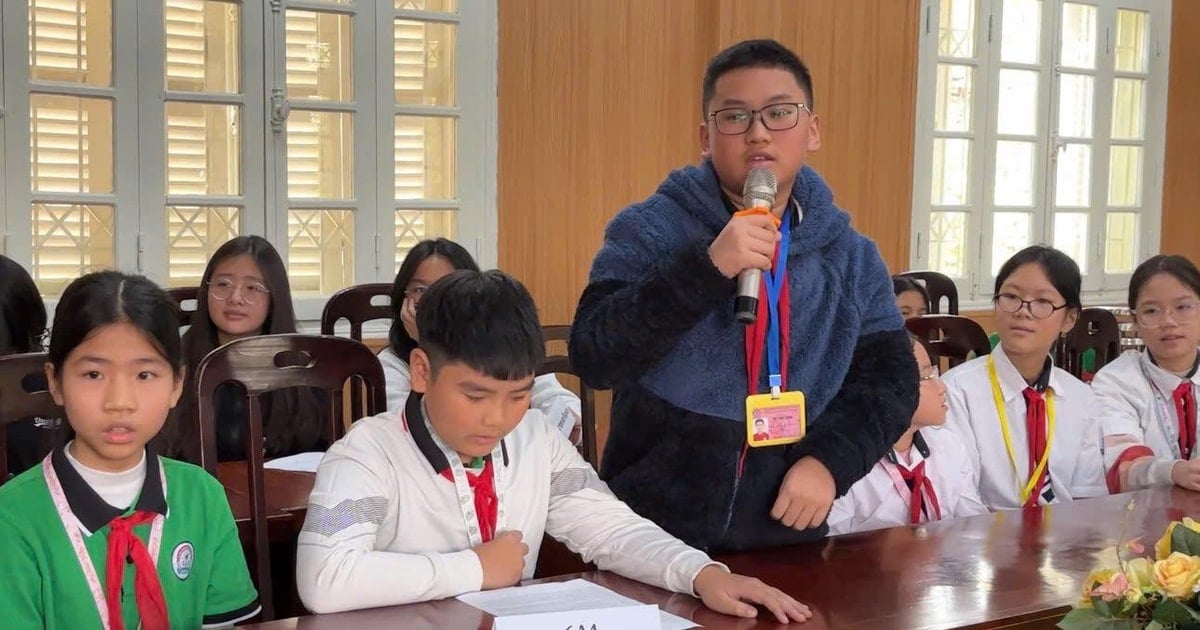

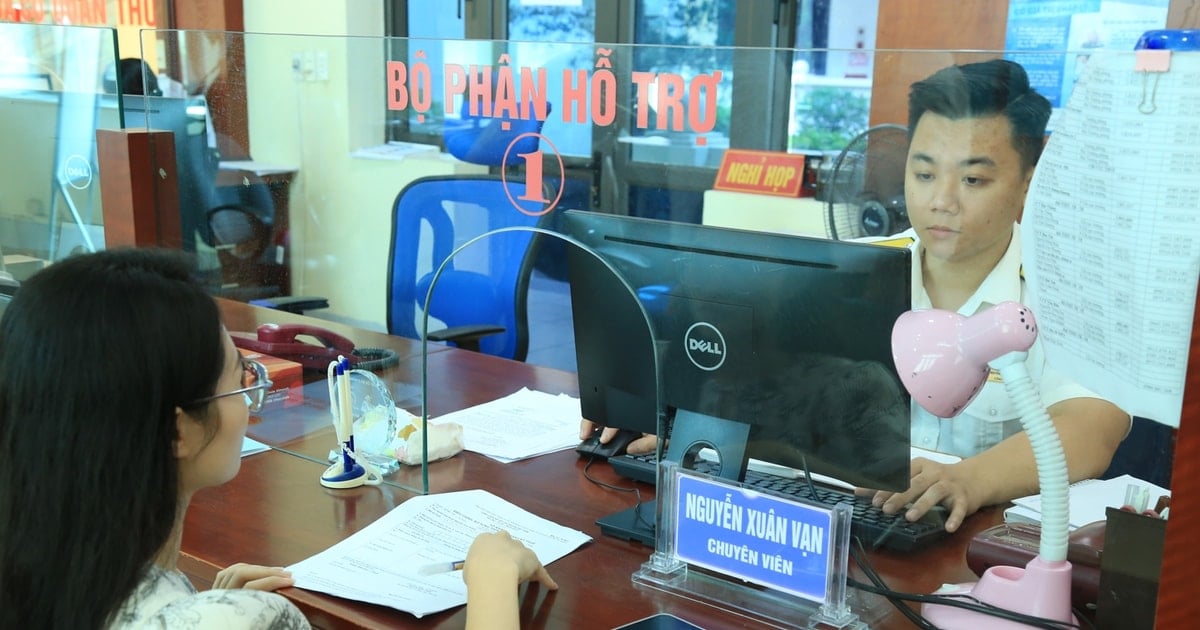

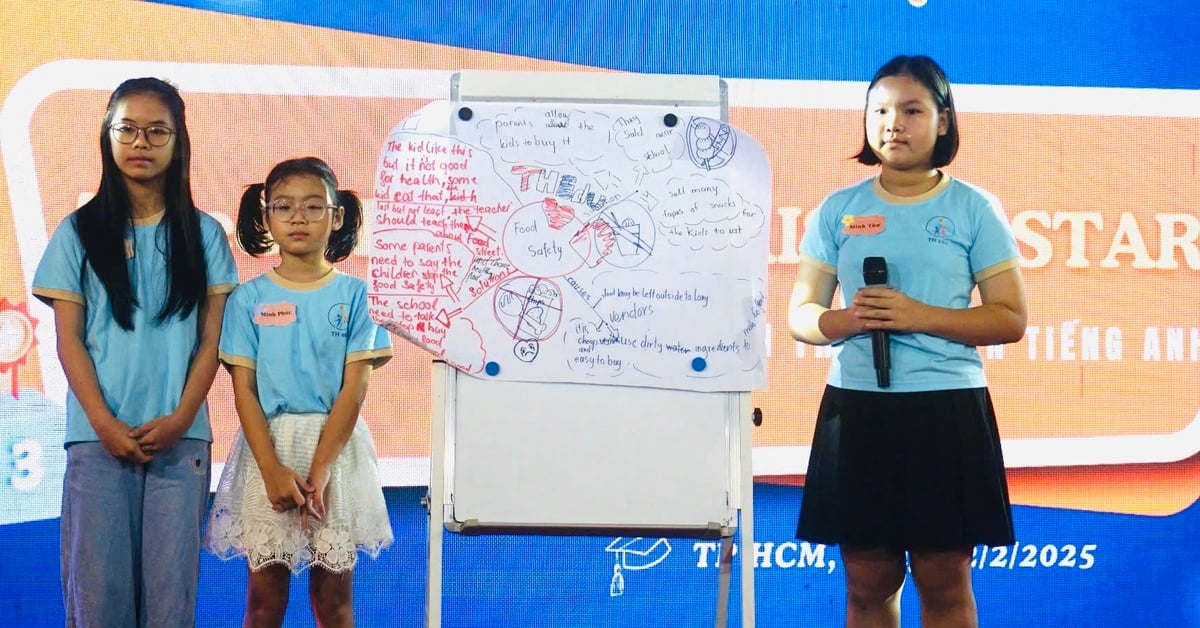

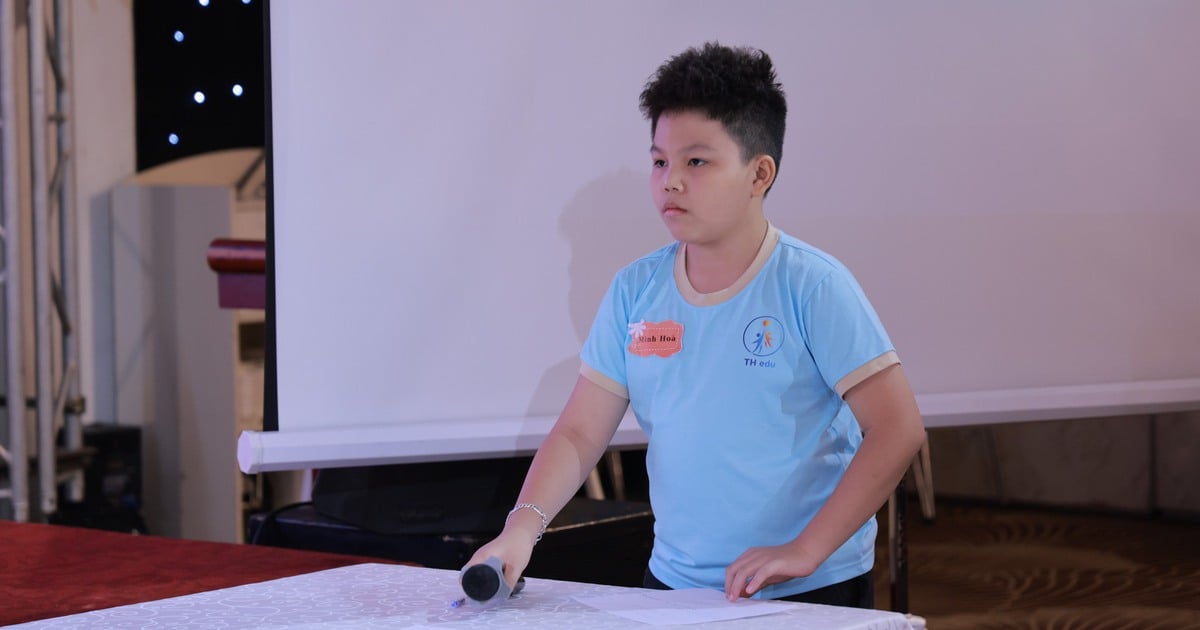


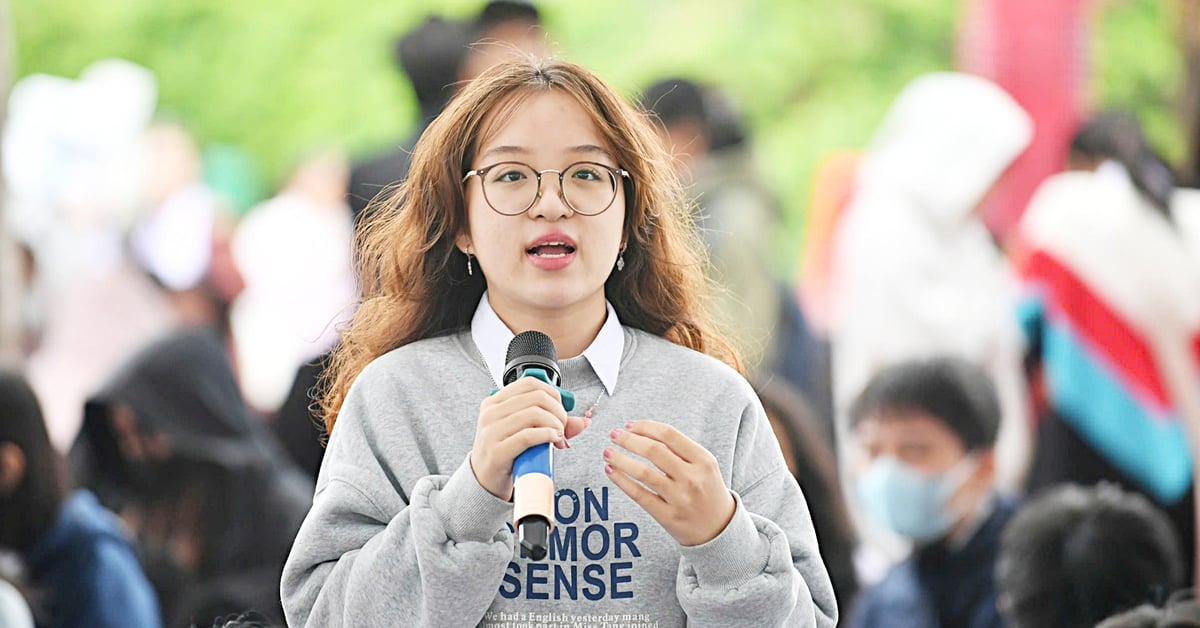


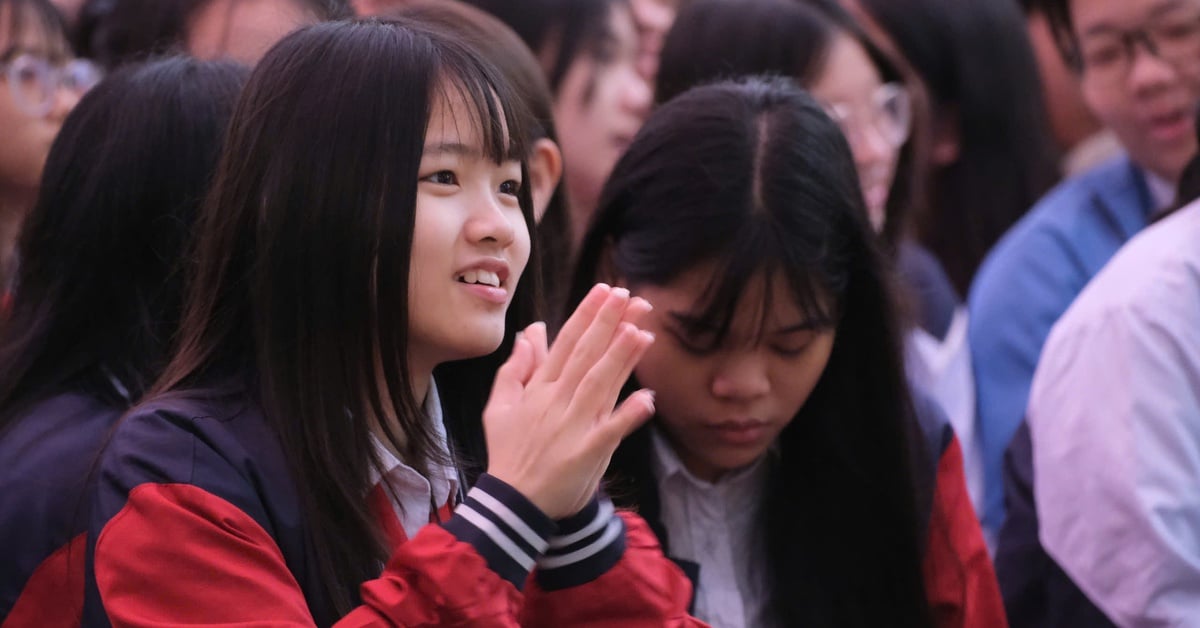
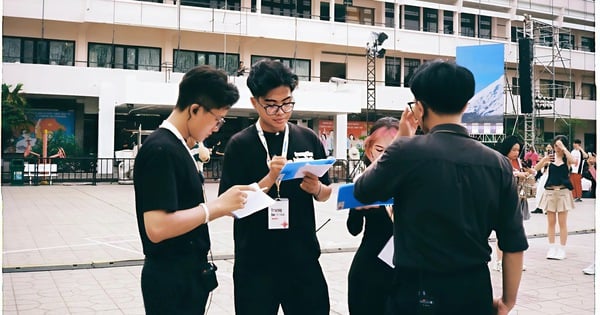

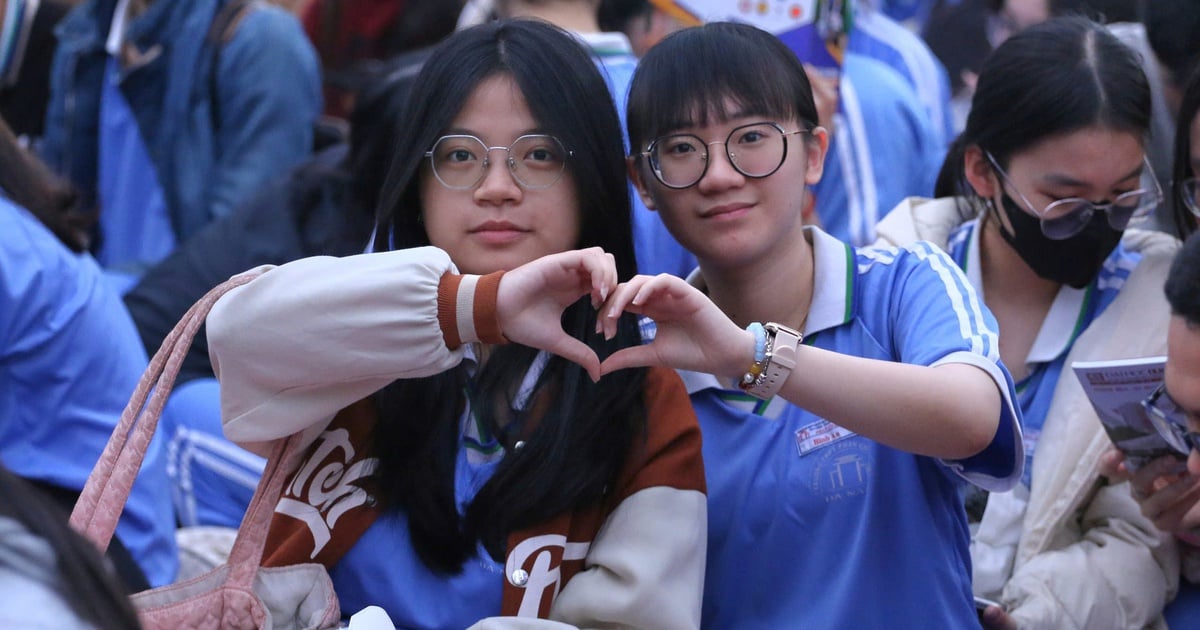
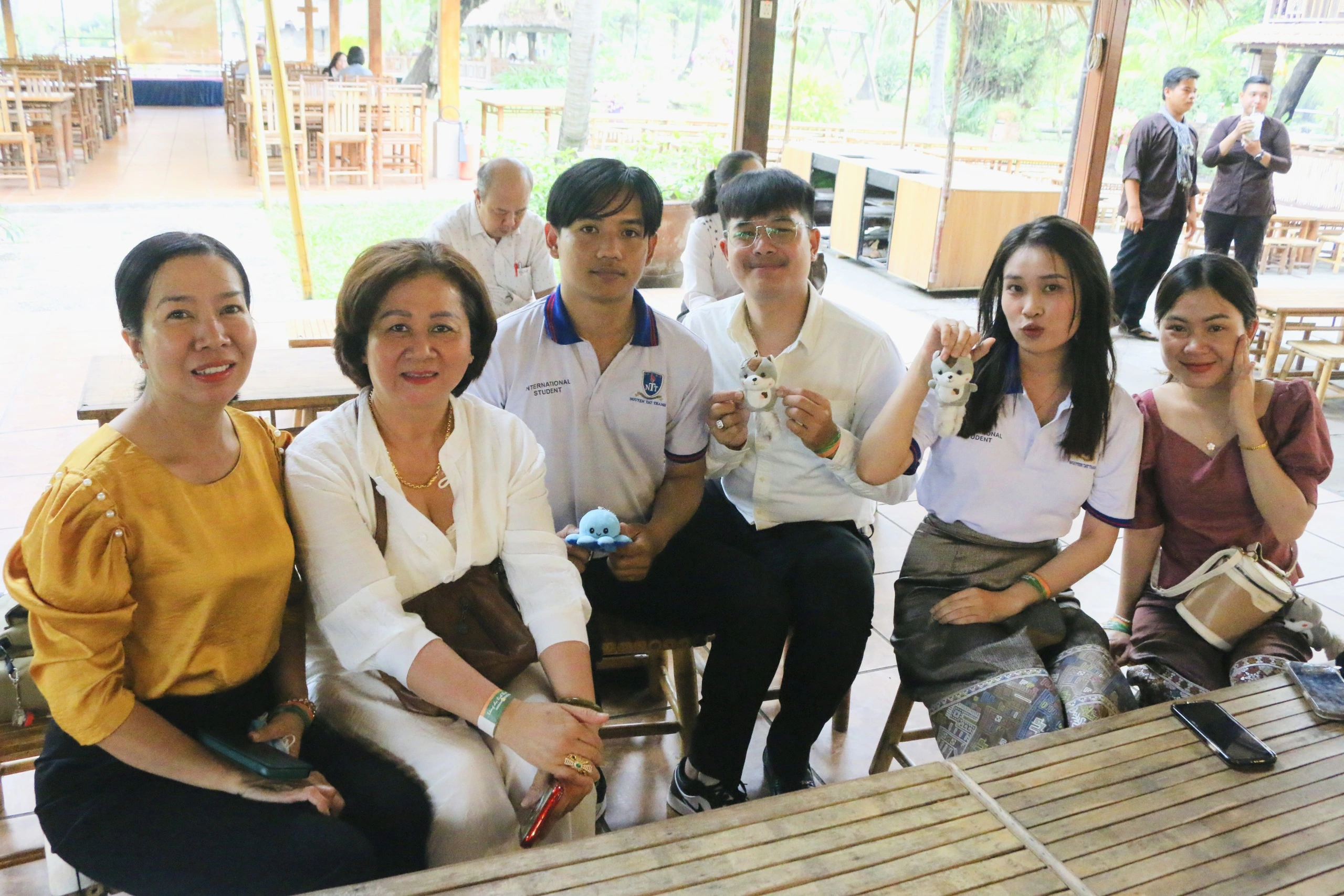

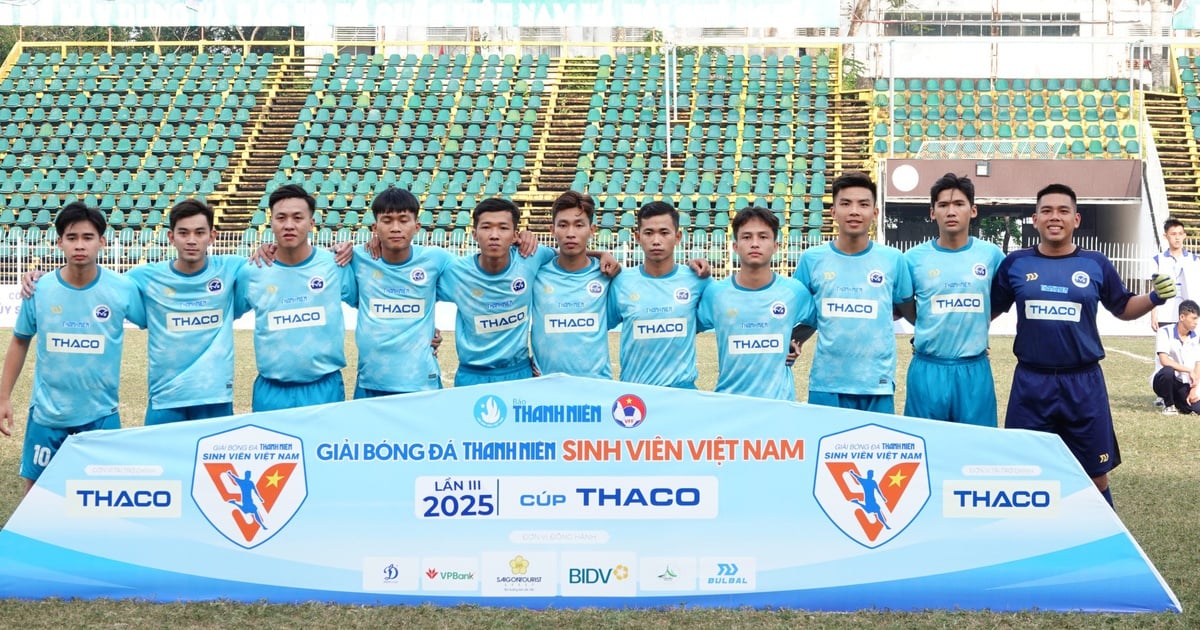
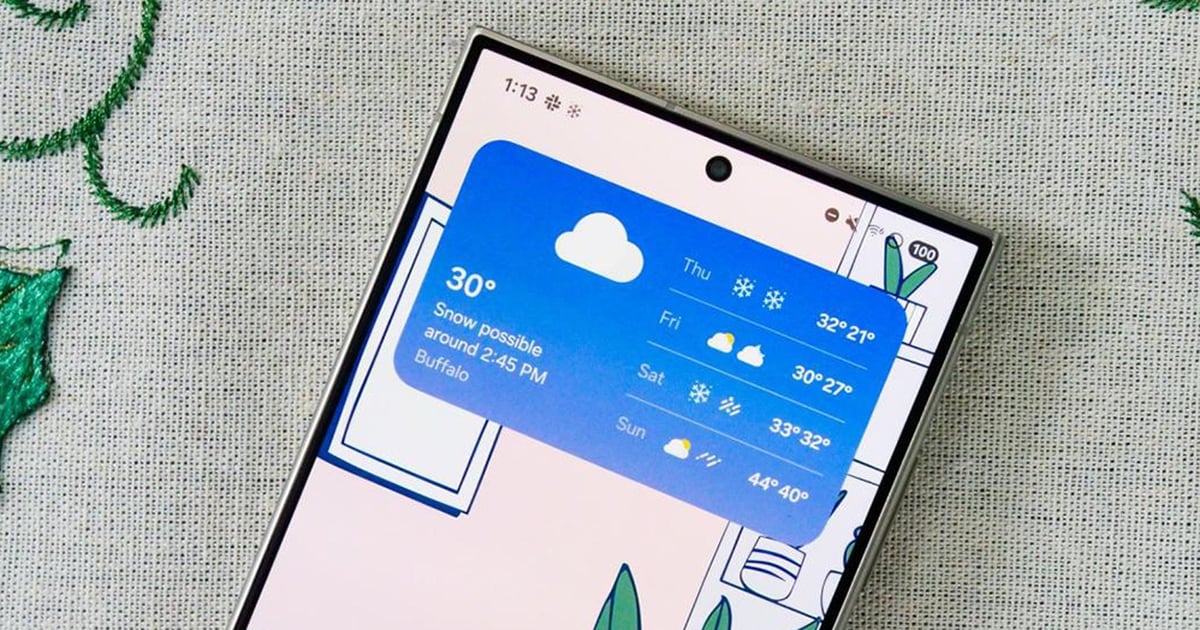





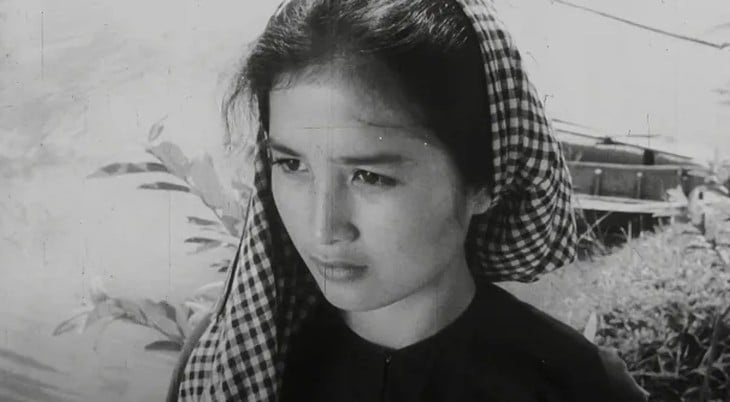



Comment (0)